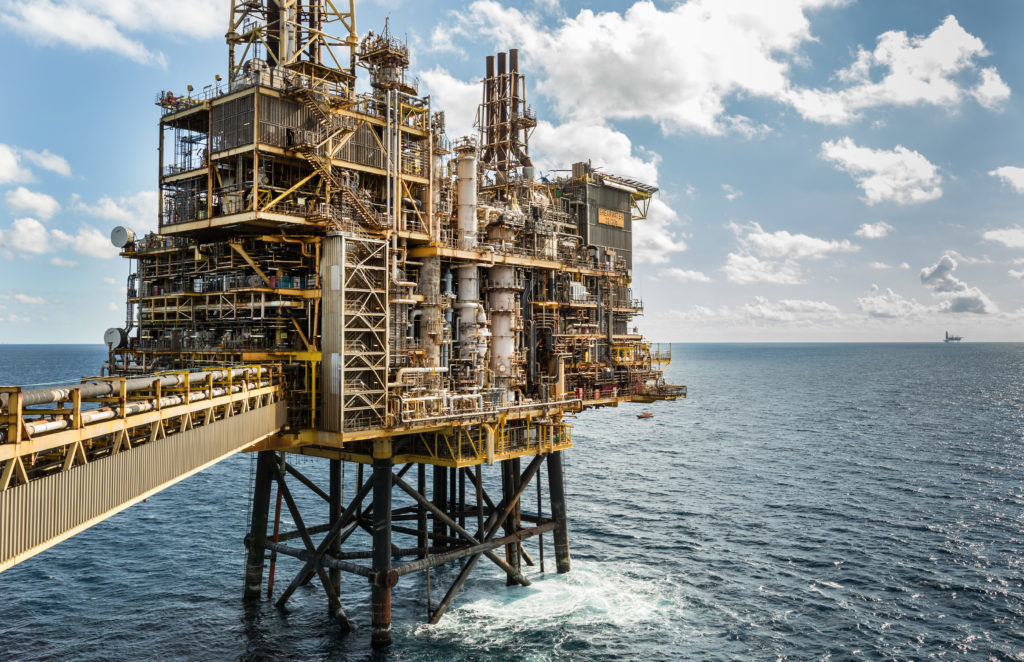
BP is considering selling its stake in the Shearwater assets in the North Sea as it focuses on new projects in the area and expands in U.S. shale, according to people familiar with the matter.
The British company has contacted potential buyers, the people said. It doesn’t want to pump money into the project, in which it owns about 28 percent, at the same pace as operator Royal Dutch Shell Plc, one of the people said, asking not to be named because the matter is private. Shell in December approved an investment in the Shearwater platforms that would allow it to collect more natural gas from nearby North Sea fields.
A sale could be worth several hundred million dollars, two of the people said. BP, which recently completed a $10.5 billion acquisition of U.S. shale assets from BHP Billiton Ltd., has said it will sell as much as $6 billion of other mostly mature assets to pay down debt taken for the purchase.
Spokesmen for BP and Shell declined to comment.
Shearwater consists of two platforms and a field, which produces gas and a type of oil called condensate, according to BP’s website. Located off Scotland’s east coast, the field was brought online in 2000 and is one of the biggest producing blocks in the North Sea. The platform has become a critical infrastructure hub, collecting gas from other nearby fields and piping it to a processing center on land.
Shell owns 28 percent of the Shearwater and is the operator. Exxon Mobil Corp. has a 44.5 percent stake and BP owns the remainder.
Exxon said it wasn’t immediately able to comment.
Even with a sale, BP would still remain a large producer in the North Sea. It aims to double its output there to 200,000 barrels of oil equivalent a day by 2020. In November, the company started oil production from the giant Clair Ridge development, which was discovered 40 years ago.
Shell recently announced plans to expand the Shearwater gas hub.
Recommended for you
